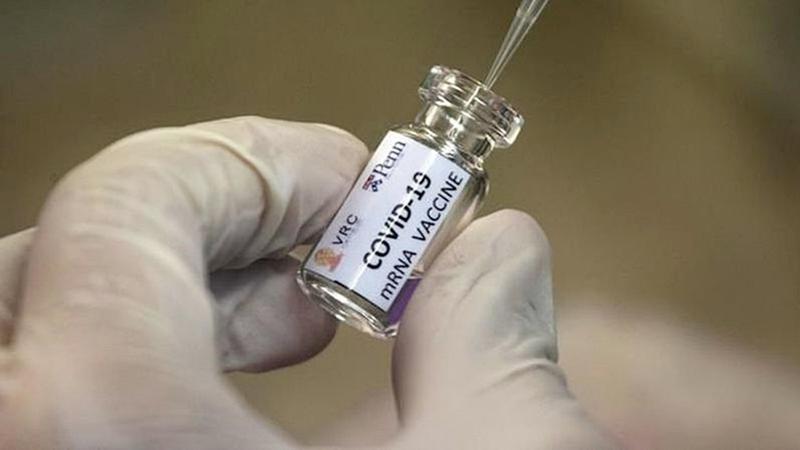
Mixed vaccines provides strong protections against COVID-19 and Delta variant: BCCDC
British Columbians who received an AstraZeneca vaccine for their first dose then followed up with an mRNA shot can rest assured that they’re protected.
The British Columbia Centre for Disease Control has released findings from a study that shows having a mixed combination of an AstraZeneca vaccine and an mRNA shot provided recipients with 91 per cent protection from infection of both COVID-19 and the Delta variant, and reduced the risk of hospitalization for those people by 99 per cent.
According to the study, the mixed combination provided protection levels very similar those associated with having received a double dose of an mRNA vaccine.
People in the study who had a double dose of the Pfizer vaccines had 91 per cent protection to all infections and 92 per cent protection against Delta, and a 98 per cent reduced risk of hospitalization from all infections, including Delta. Comparatively, those who received the Moderna shots had 92 per cent protection against COVID-19 and 93 per cent protection against the Delta variant, and again a 98 per cent reduced risk of hospitalizations.


